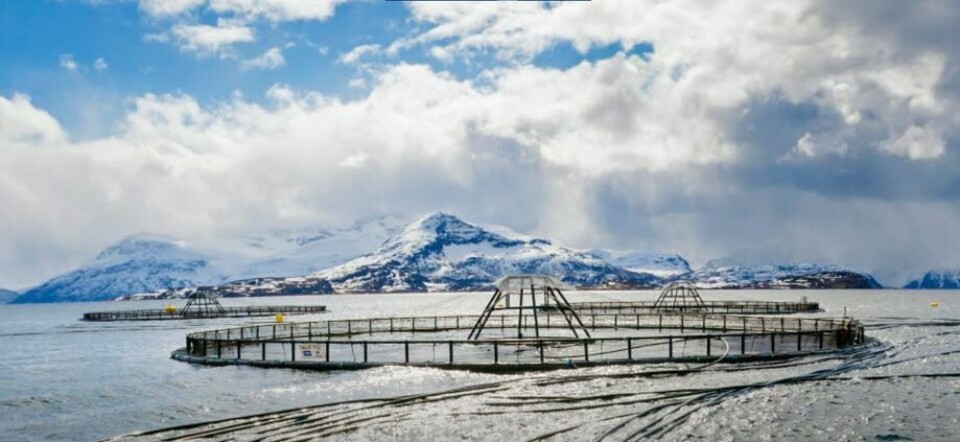
Jellyfish forced Lerøy to harvest early in Q4
Salmonid farmer has lower biomass going into 2024 but maintains 175,000 tonne target for year
Challenges caused by string jellyfish impacted production for Norwegian salmon farming heavyweight Lerøy Seafood in the final quarter of 2023, it said in a trading update today.
The presence of the jellyfish resulted in a loss of feeding days in its northern region, Lerøy Aurora, and prompted early harvesting at some sites in its southern region, Lerøy Sjøtroll.
Lerøy harvested 47,500 gutted weight tonnes of salmon and trout in Q4, and 160,000 gwt for 2023.
“This is somewhat higher than previously guided, but biomass going into 2024 is slightly lower for the reasons mentioned above. The 2024 guidance for Norway remains 175,000 gwt,” wrote Lerøy.
The company’s harvest volume in Norway in Q4 was distributed as follows:
- Lerøy Aurora: 12,500 gwt
- Lerøy Midt: 20,300 gwt
- Lerøy Sjøtroll: 14,700 gwt (of which 6,500 gwt was trout)
Apolemia uvaria, commonly known as the string jellyfish or barbed wire jellyfish, has caused problems for salmon farmers in Norway this year.
Just before Christmas, the world’s second-largest Atlantic salmon farmer, SalMar – which co-owns Scottish Sea Farms with Lerøy - reduced its 2023 harvest volume guidance by 5,000 gutted weight tonnes due to challenges related to jellyfish.























































